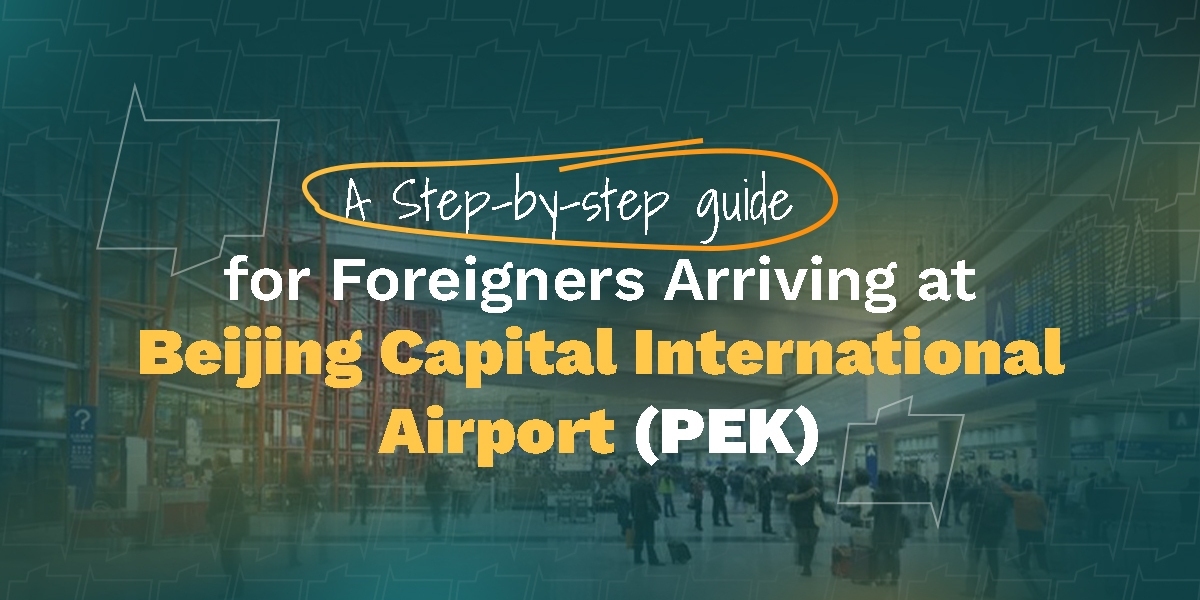This guide will provide you with essential tips on finding housing, understanding rent and contracts, and identifying expat-friendly areas.
1. Understanding the Rental Market in China
The rental market in China varies significantly between cities and even within different neighborhoods. While cities like Beijing, Shanghai, and Shenzhen have high rental prices due to their economic prominence, other cities like Chengdu, Hangzhou, or Nanjing offer more affordable options.
Rental Prices: Rental prices in major cities typically range from 4,000 to 12,000 CNY (550 to 1,650 USD) per month for a one-bedroom apartment in central areas. Prices drop significantly in suburban or less central areas.
Types of Housing:
- Apartments: The most common option for expats. These range from basic to luxury apartments in high-rise buildings.
- Serviced Apartments: Fully furnished and often come with amenities like housekeeping, ideal for short-term stays.
- Villas: Common in suburban areas or expat communities, offering more space and privacy.
2. Finding Housing: Where to Start
Online Platforms: Websites like Anjuke, Ziroom, and 58.com are popular for searching rental listings. These platforms allow you to filter properties based on location, price, and other criteria. English-language platforms like SmartShanghai or The Beijinger are also useful for expat-specific listings.
Real Estate Agents: Local agents can be invaluable, especially if you don’t speak Chinese. They are familiar with the local market and can help negotiate on your behalf. However, be aware of the agency fee, typically one month’s rent.
WeChat Groups: Many expat communities in cities have dedicated WeChat groups for housing where landlords or tenants post available properties. Joining these groups can give you access to listings before they hit the market.
3. Understanding Rental Contracts
Rental contracts in China may differ significantly from those in your home country. Here are some key points to consider:
Contract Length: Most rental contracts are for one year, with an option to renew. Shorter contracts may be more expensive.
Deposit: Usually, a deposit of one to two months’ rent is required, along with the first month’s rent paid upfront.
Payment Terms: Rent is often paid on a quarterly basis. Make sure this is clearly stated in the contract to avoid misunderstandings.
Utilities and Management Fees: Clarify whether the rent includes utilities (water, electricity, gas) and building management fees. These are often additional costs.
Maintenance and Repairs: Confirm who is responsible for maintenance and repairs. Landlords typically cover major repairs, but tenants might be responsible for minor issues.
Contract Translation: If your contract is in Chinese, ensure you have it professionally translated to understand all terms. A bilingual contract is ideal for clarity.
4. Expat-Friendly Areas in Major Cities
Finding the right neighborhood is crucial for a comfortable stay. Here are some popular areas for expats in major cities:
Beijing:
- Chaoyang District: Home to the Central Business District (CBD) and popular among professionals.
- Sanlitun: Known for its vibrant nightlife and international community.
- Shunyi District: Offers suburban villas and international schools, ideal for families.
Shanghai:
- Jing’an: Centrally located with a mix of luxury apartments and heritage buildings.
- Former French Concession (Xuhui): Known for its charming tree-lined streets and cafes.
- Pudong: Home to many multinational companies and modern housing options.
Shenzhen:
- Shekou: A popular expat area with international schools and Western amenities.
- Nanshan District: Offers modern housing options and proximity to tech companies.
Chengdu:
- Tongzilin: Often referred to as the “expat village” due to its large international community.
- Gaoxin District: Modern apartments and proximity to high-tech zones.
5. Tips for a Smooth Housing Experience
- Inspect the Property: Visit the property in person if possible, to check for issues like water pressure, noise, and overall condition.
- Negotiate: Don’t be afraid to negotiate rent or terms, especially if you’re committing to a long-term lease.
- Beware of Scams: Avoid paying money upfront without seeing the property or signing a contract. Use reputable agents or platforms.
- Have a Backup Plan: It’s always good to have a backup housing option in case your initial plan doesn’t work out.
Conclusion
Finding housing in China can be a smooth process if you know what to look for and where to start. By understanding the rental market, choosing expat-friendly areas, and carefully reviewing contracts, you can secure a home that suits your needs and ensures a comfortable stay. Happy house hunting!
Source: Hafrik City Guide




Adeyanju 38 w
Very insightful guide right here.